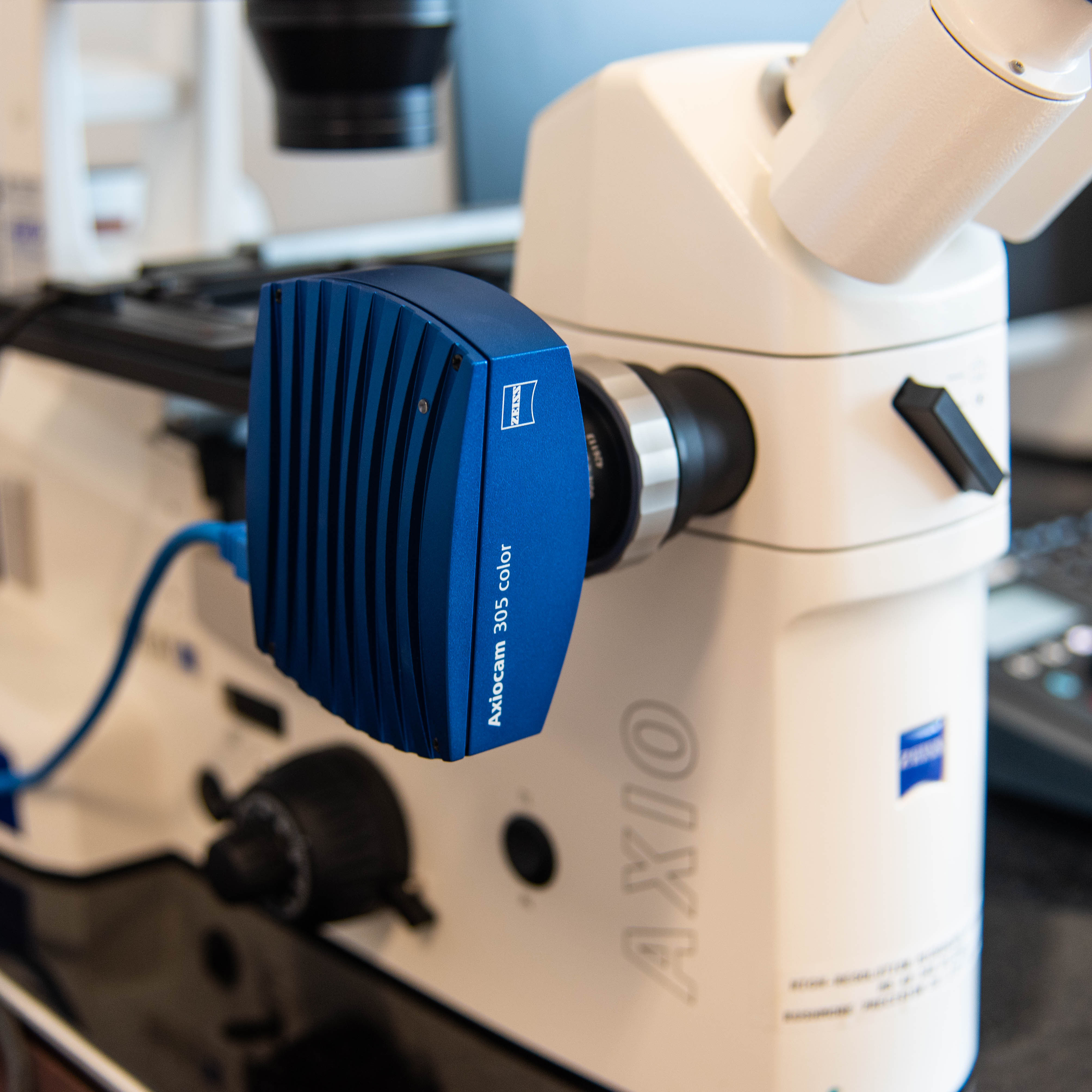Transmucosal Drug Delivery
Pharmaceutical materials are classified into 2 categories, i.e., the active moieties and the excipients. Both play an important role in conventional and novel drug delivery performances. Since, goal of the drug delivery is to optimize the therapeutics efficacy of the drug by optimal delivery to the sites of action with minimizing adverse effects. This can be achieved by using an appropriate set condition to allow the active moieties and excipients in the drug delivery systems properly function. The transmucosal routes of drug delivery offer distinct advantages over peroral administration for systemic drug delivery such as possible bypass of the first pass effect and avoidance of presystemic elimination within the GI tract. Therefore, both in vitro physicochemical characterization and in vivo characterization are required during investigation. Not only the therapeutic achievement, but also the key approach to the excellent drug products in terms of appearance and stability can be obtained. The research in transmucosal delivery is aimed to investigate novel drug delivery systems that contribute to the release both in vitro and in vivo at the target sites of action, as well as the stability of the drug. Particular attention is given to new approaches which can extend dosage form retention time.


